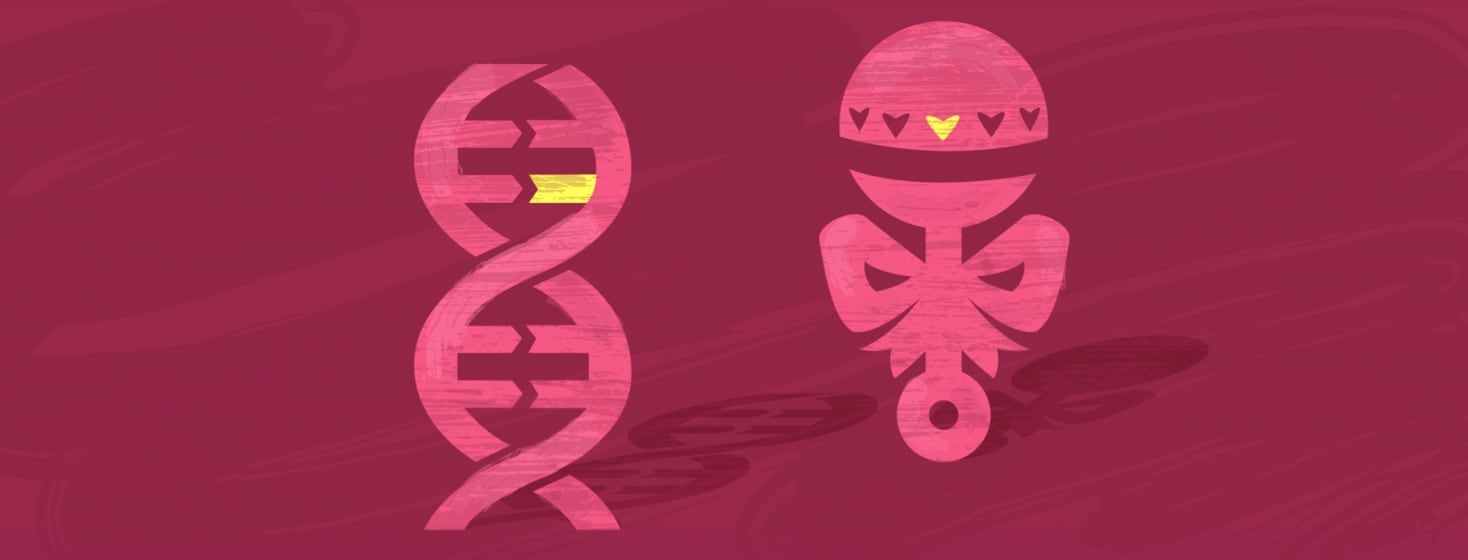Can Infants Get Psoriasis?
I had my first child in 1976 and stayed in prayer that he would not get my psoriasis. My psoriasis covered over 70-80% of my body the majority of my life. Back then, there was no research about psoriasis being inherited.
I remember when my baby was a few months old, I noticed some patchy scaling on his scalp. I immediately thought he had psoriasis. I called his doctor right away. He was diagnosed with cradle cap. He was given some special shampoo and that was it. My baby is 44 years old today and has never been diagnosed with psoriasis.
How does psoriasis develop?
The exact cause of psoriasis is unknown, but it is not contagious and can therefore not be passed from one individual to another. Psoriasis is a chronic condition that speeds up the production of new skin cells causing plaques to appear. Even though it’s rare that psoriasis can occur in babies, on average, the condition develops from age 15 to 30.
Some of the factors for the development of psoriasis in babies include infectious and environmental triggers, genetics, and susceptibility to autoimmune diseases.
The genetic connection
If a baby’s first or second-degree relative has psoriasis, it increases its susceptibility to the disease. Family history is a major component of this disease. If there is a history of autoimmune diseases in the family including, Crohn's disease, multiple sclerosis, and thyroid disease.
A history of the above diseases in the baby’s family increases its risk of developing the chronic disease. The baby’s susceptibility is also preceded by infections like strep throat infections and colds. Other factors that may trigger psoriasis in infants include medications, stress, skin trauma, and cold weather.
Searching for a diagnosis
Psoriasis is rare and difficult to diagnose in infants since it may have similarities with other skin conditions that affect babies. A specialist and a close examination of family history might be necessary for diagnosis.
A persistent rash for instance that has resisted most treatments and applied creams needs immediate attention to determine its cause and will require observation for an extended period.
Understanding symptoms
Psoriasis causes reddish, white, or purplish scaly patches on the skin. They can be irritatingly itchy and painful. In babies, the lesions mostly occur in the following areas: knees, elbows, diaper area, neck, scalp, and face.
There are several types of infant psoriasis including napkin, guttate, plaque psoriasis, scalp, pustular, inverse psoriasis, nail, and erythrodermic psoriasis.
What are treatment options?
There are various treatments that have few side effects and can help infants. The best treatment for infant psoriasis is the one with the least risk of side effects.
- Light therapy
- Exposure to natural sunlight
- Moisturizers made for psoriasis patients
- Cleaning and always drying the affected areas
- Avoiding either cold or hot temperatures
- Creams and lotions that include topical vitamin D derivatives and corticosteroids.
Psoriasis can affect anyone ranging from adults, children, and babies. Most treatments for teens and adults cannot be used to treat babies because babies are sensitive, and the medications might cause side effects.
The impact on infants
Psoriasis is a rare condition in babies and often has mild symptoms as opposed to older children. If an infant is diagnosed with a certain type of psoriasis there are treatment options that a pediatric dermatologist can recommend. In infants, it is possible for it to disappear completely and never recur.

Join the conversation